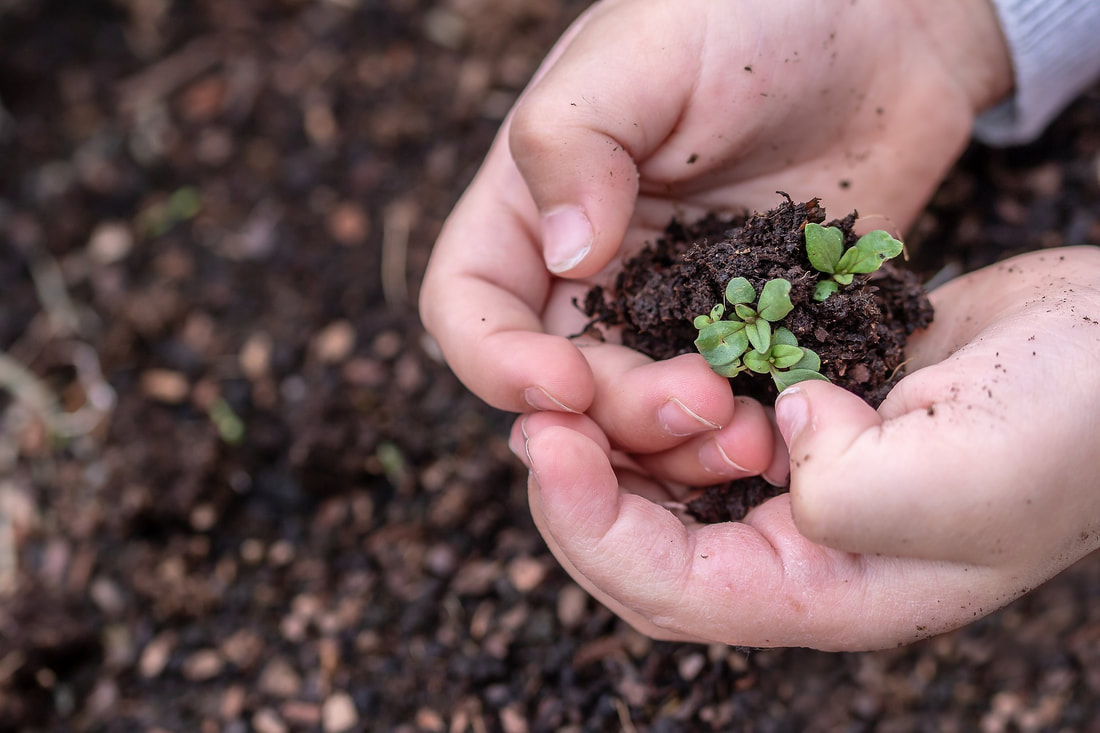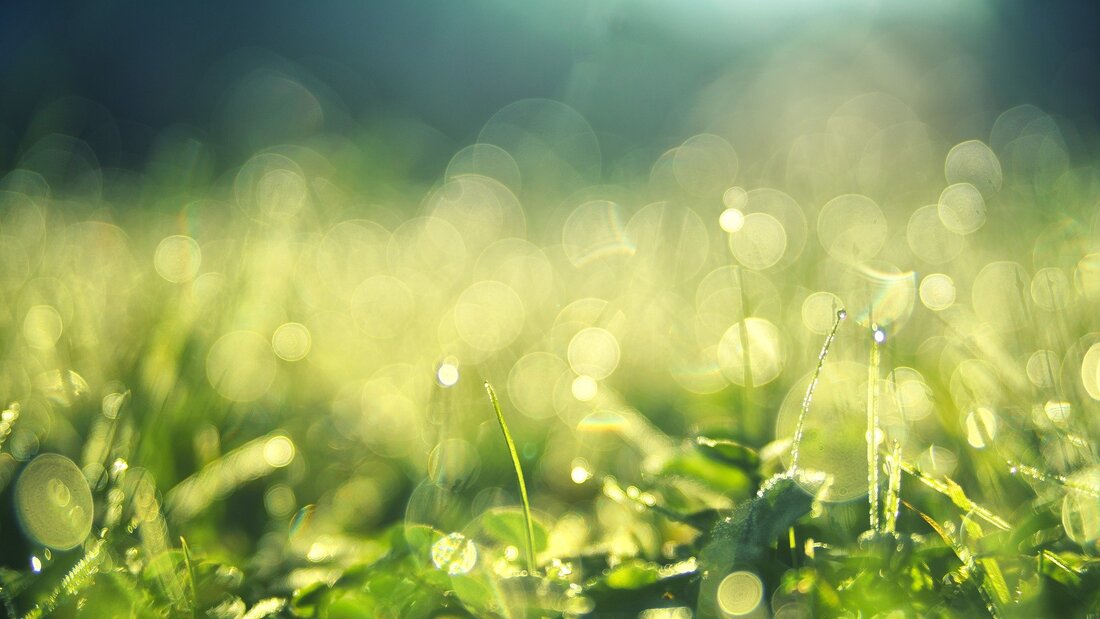|
We join with our community - locally and globally - to reduce the spread of the novel coronavirus to help protect those that are most vulnerable. We are practicing social distancing, remaining at home and cancelling gatherings in accordance with recommendations from the Centers for Disease Control and Prevention and Colorado Department of Public Health and Environment.
We are fortunate to have a team that is prepared for and adept at working remotely so that we can continue working on urgent projects - especially post-fire recovery and flood preparedness - that impact the health and safety of our communities in the Arkansas Basin. We will continue to shelter at home to protect public health and follow disease control recommended practices, while continuing to work hard on projects that positively impact forest and watershed health, and water quality, in the basin. We will continue to prepare for potential post-fire flooding that the coming rainy season could bring. If you live in a fire-impacted community in the basin and have questions or concerns, please reach out by phone or email. We encourage everyone to carefully practice social distancing to keep everyone as safe as possible. During times of change that channel our attention and action to uncertain circumstances, we can choose to take the opportunity to learn to tread more lightly on the earth, consider how we may consume less to be safe and comfortable, and care for each other and the land that sustains us all.
3 Comments
We would like to share a positive example of critical watershed restoration work being done in the Arkansas River Basin. In this difficult time, we remember that we must tread lightly, caring for each other and the land that sustains us.
Trout Unlimited's Jason Willis designed and implemented restoration of the Monarch Pass Gravel Pit, a former gravel mine adjacent to Monarch Mountain's Gunbarrel ski run. The abandoned pit was in poor condition, stripped of vegetation. Situated on a steep hillslope, eroded soils from the site washed into the headwaters of the South Arkansas River. As Jason said, the site was a "barren landscape that provided an open pathway for highly mobile soils to cross Hwy. 50 and flow into the headwaters of the South Arkansas River." Jason partnered with ARWC through the Monarch Pass Forest & Watershed Health Project to design and implement this important work. We will continue to collaborate with our partners to make more of these projects a reality. Each effort makes a measurable improvement to the health of the entire watershed. Read more about Jason's work here: https://www.tu.org/blog/good-outcomes-from-field-season/ POSTPONED - As we join our community - locally and globally - to reduce the spread of COVID-19, we are delaying this project and other in-person meetings and gatherings. We continue to work on fire and flood recovery which impacts the safety of our communities, but will postpone volunteer projects until it is safer for us to gather.
Revegetation plays a crucial role in post-fire recovery. Vegetation helps hold the soils in place, preventing channelization of flood flows and reduces the amount of sediment and debris moving downstream during a flood event. Vegetation is key to long-term sustinability in post-fire conditions. Join the Arkansas River Watershed Collaborative (ARWC) and the Greater Arkansas River Nature Association (GARNA) for a day of seeding in Upper Bear Creek Drainage. ARWC is seeking volunteers to help spread a native seed mix and mulch on private property that was burned in the Decker Fire. Thank you to GARNA for gathering volunteers, and cheers to Western Native Seed in Coaldale for providing seed and to Chaffee County for bringing the mulch. Fire recovery is a community-wide process and we are grateful for our partners. If you are interested in volunteering or donating funds towards additional native seed and cover crop seed please Contact Us. The Community Recovery Fair on February 29 provided an opportunity for those impacted by the Decker Fire - and their concerned neighbors - to gather to learn more about fire preparedness and post-wildfire safety and preparedness. Learn more.
|
ARCHIVES
September 2023
CATEGORIES
All
|




 RSS Feed
RSS Feed
